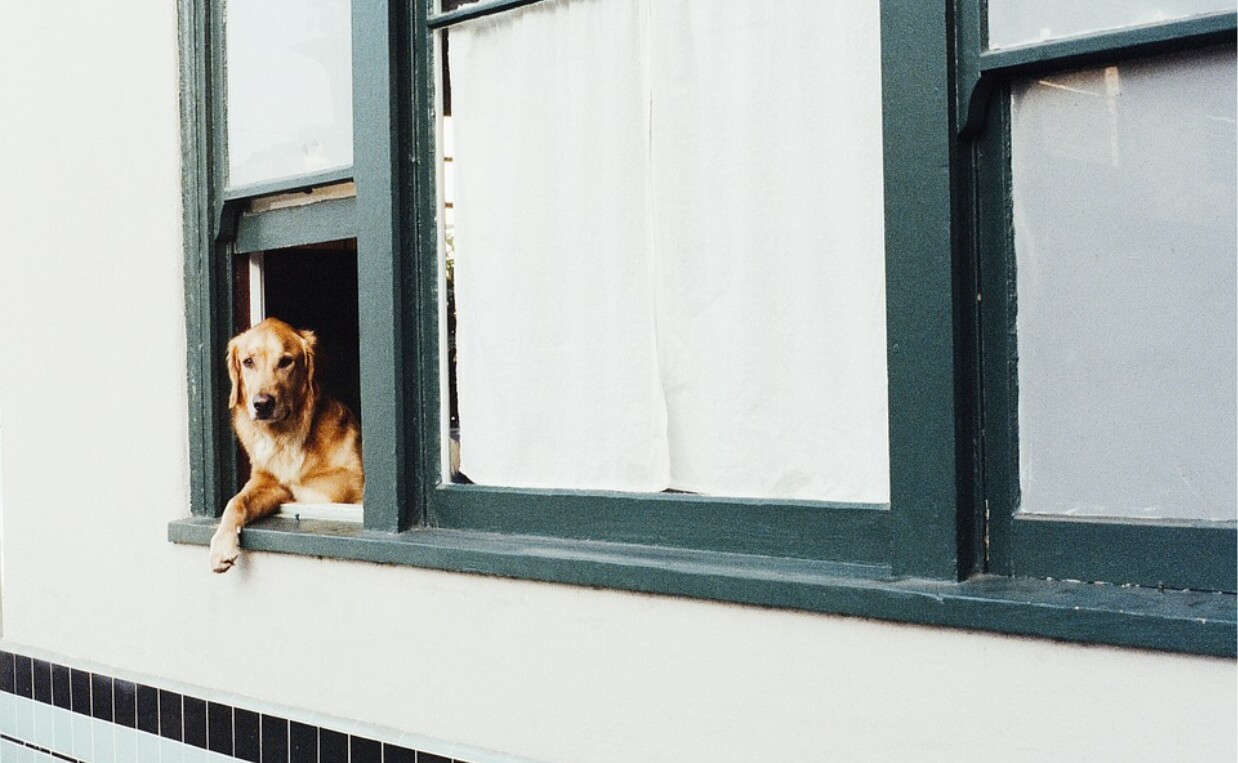
In the past year since the global pandemic changed life as we know it, people have adapted to the new societal requirements. We’ve learned to eat takeout instead of dining in restaurants indoors and some of us are working remotely. In many places wearing a mask and maintaining a six-foot distance is expected.
We’re also spending more time at home with our pets, and in record numbers, adopting dogs into our homes. In some ways, the COVID-19 restrictions have been a boon to nurturing the special bond between dogs and their owners.
At the same time, many pet parents are concerned about how to socialize their dog, especially a puppy, during this age of social distancing.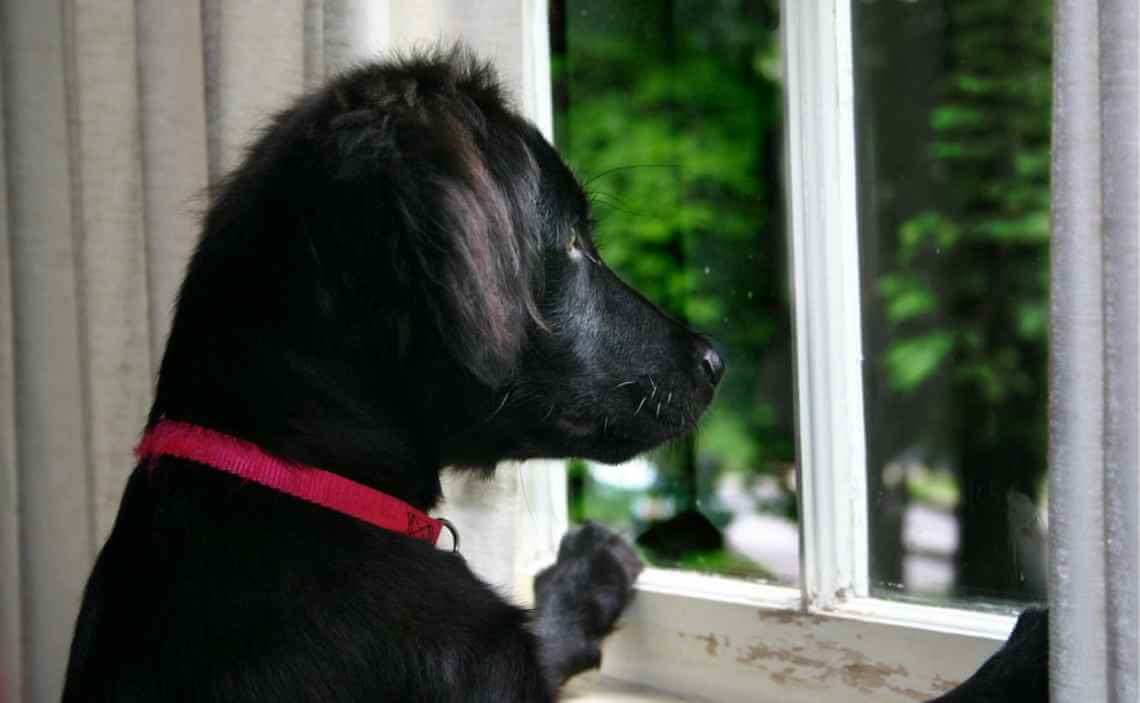
Dogs are inherently social animals; some dog owners are concerned their dogs are not getting the socialization they need to be comfortable with new experiences and new people. Dogs tend to become accustomed to their home environment and may have trouble adjusting if not exposed to different places, people and activities.
Socialization is a well-documented developmental stage in puppies, usually around 3-16 weeks of age. During this time, puppies are especially receptive to new social relationships and attachments. However, socialization doesn’t end just because a puppy turns 16 weeks old. Dogs continue to grow and learn, for better or worse, for the rest of their lives. There is a “special” time in a puppy’s life between 3 and 16 weeks of age, but it is equally important for older dogs to have socialization experiences as they mature and age.
Whether a dog is young or old, new to the household or has been a family member for a long time, socialization is an important part of responsible canine ownership. However, with COVID-19 restrictions in place, modifications might be needed to normalize social interactions. A creative approach can still provide the benefits of socialization while also following recommendations for social distancing during the COVID-19 pandemic.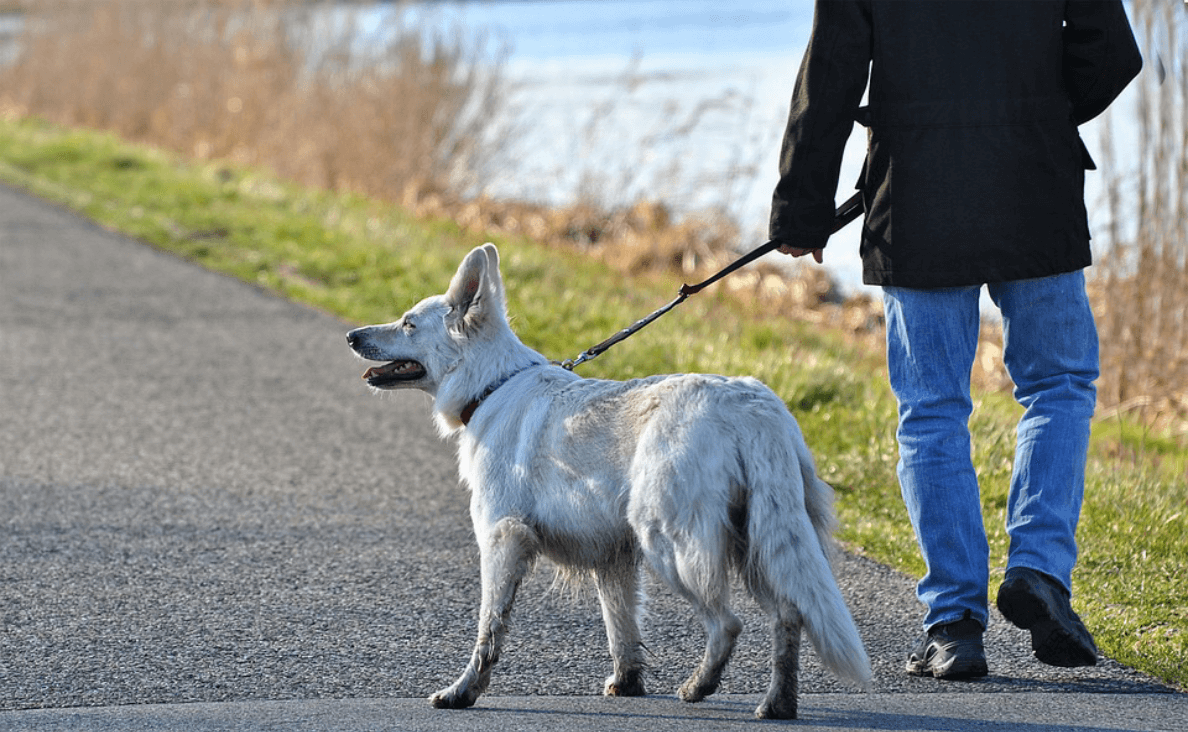
Here are 5 tips for helping your dog socialize during COVID-19.
-
Take your dog for a walk.
Walking with your dog provides opportunities for exposure to a variety of new stimuli and experiences.
-
Take your dog for a car ride.
Short, consistent car rides help dogs get used to traveling in a car.
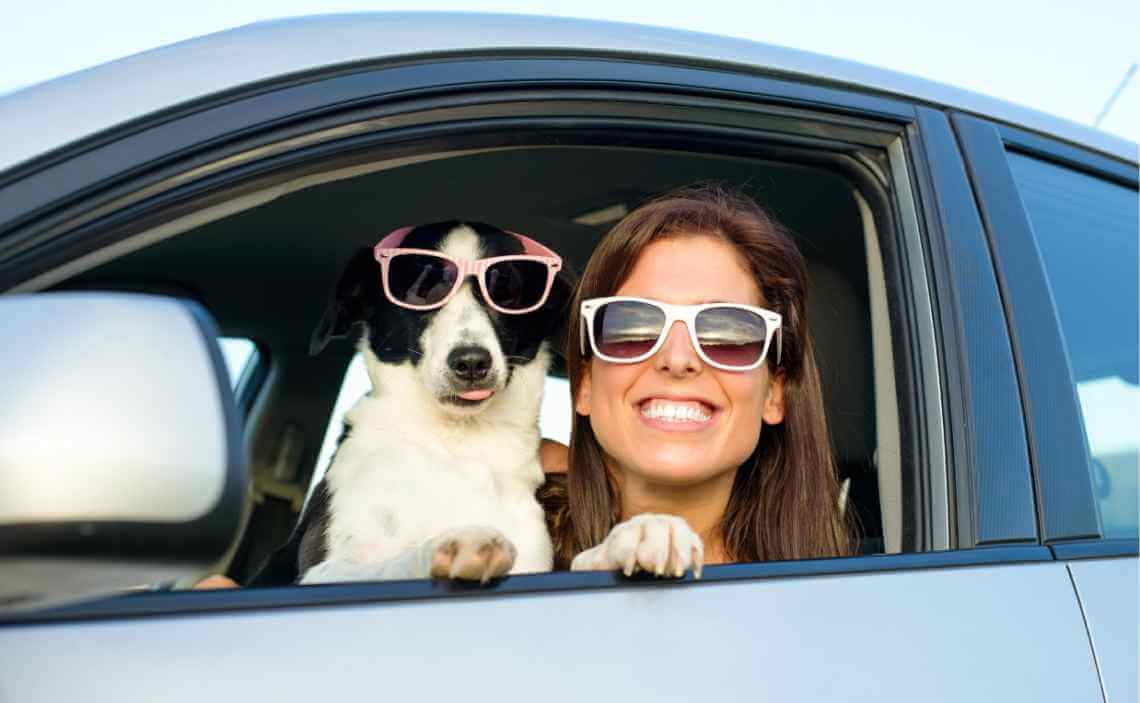
-
Teach your dog to be content in a crate.
Acclimate your dog to their carrier or crate. The first step in crate training is to help your dog recognize his or her crate as a safe space.
-
Take your dog to daycare.
Dog daycare provides your canine companion with the physical activity, socialization and supervision they need. Dog daycare helps alleviate boredom and can offer a safe, interactive and fun, cage-free experience for dogs.
While at daycare, your dog will be exposed to new dogs, activities and people. This will help your dog learn how to socialize with other dogs as well as learn to trust other people.
Note: Currently, there is no evidence that dogs can transmit SARS-CoV-2 to other animals or humans. It appears all transmission has been human-to-human. There have been a couple of isolated incidences where animals contracted SARS-CoV-2 from humans, but zero evidence they can shed or pass the virus to other animals or humans. Dog owners should not panic about the possibility of pet infection and transmission, and instead enjoy the special bond they have with their dog. Read more on this subject
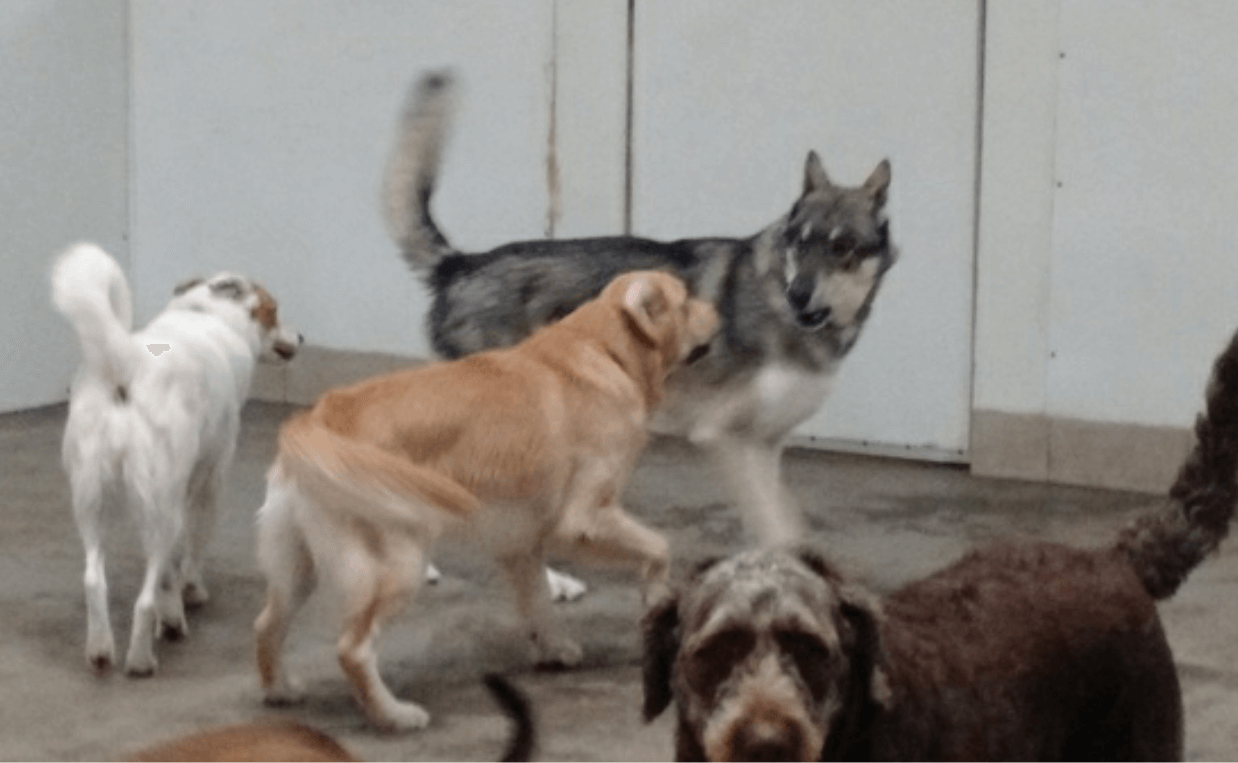
-
Maintain a consistent routine.
Help your dog prepare for life after COVID-19 restrictions by keeping them on a set schedule. They should eat, play and nap about the same time every day. This schedule should be the schedule of your “normal” life, not your restricted schedule.
Socialization is important for most dogs. Each pup is an individual, of course, and you are dealing with various factors like breed, temperament and past experiences, good or bad. Adequate socialization during this time of COVID-19 will help your dog grow into a normal and healthy dog. The trick is to use what you can and help your dog feel safe in the world.
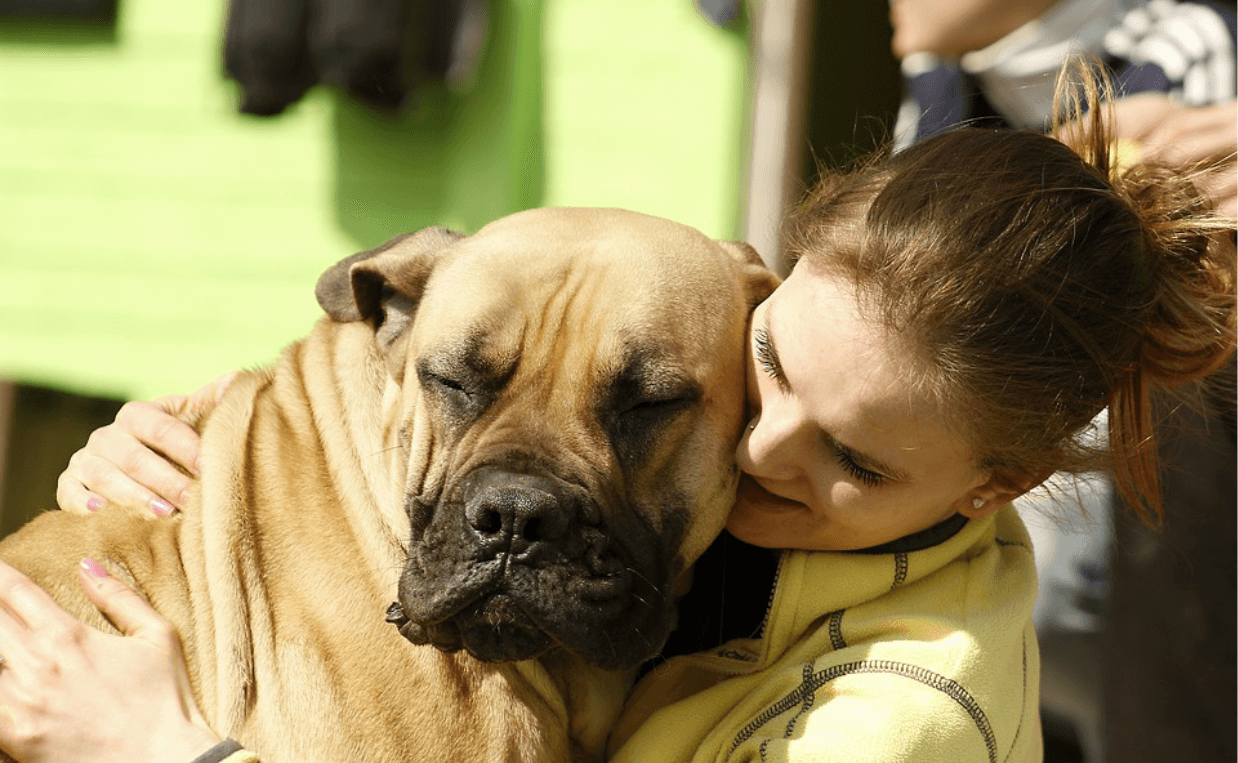
How are you helping your dog socialize during the pandemic? Please share your experience with the rest of the Canine Campus community below.


 Beyond the Litter: Do Puppies Remember Their Siblings?
Beyond the Litter: Do Puppies Remember Their Siblings? Ways Your Dog Asks for Help: Understanding Canine Communication
Ways Your Dog Asks for Help: Understanding Canine Communication How to Introduce Your Dog to a New Baby
How to Introduce Your Dog to a New Baby 6 Reasons Your Dog Ignores Your Commands Outside
6 Reasons Your Dog Ignores Your Commands Outside






Leave a Reply